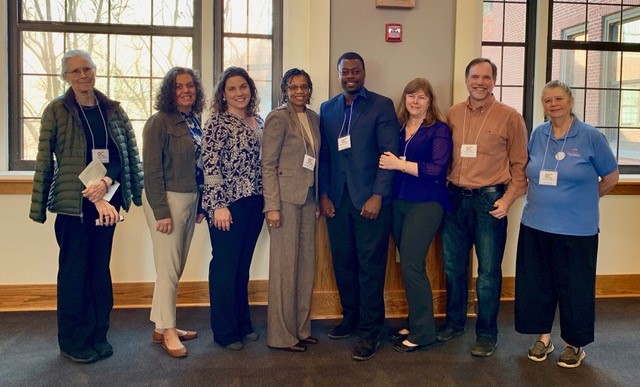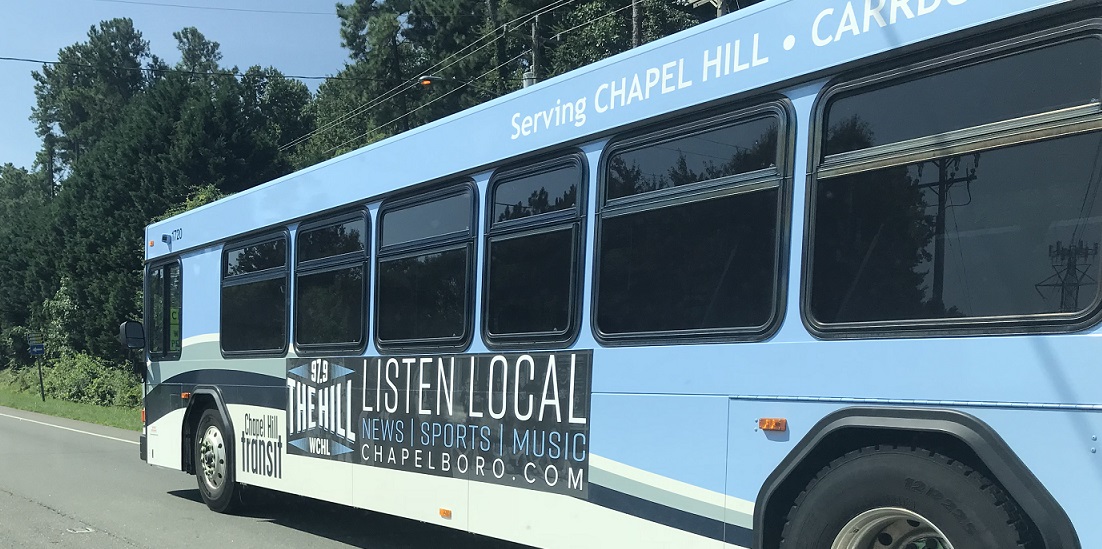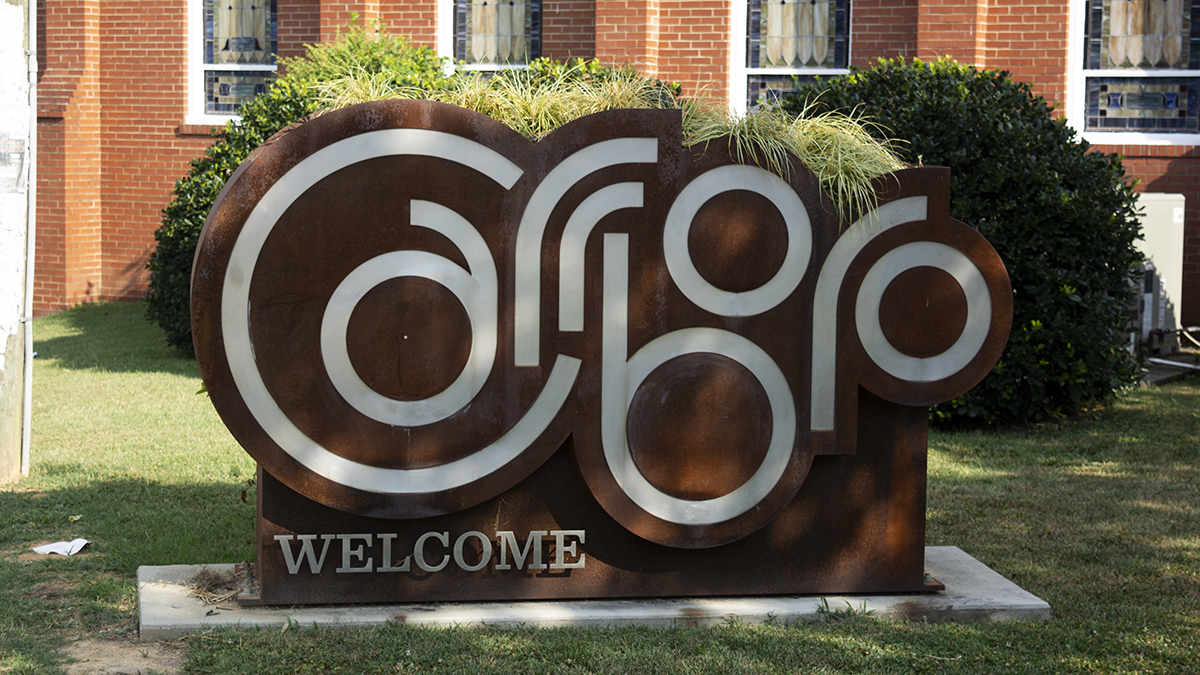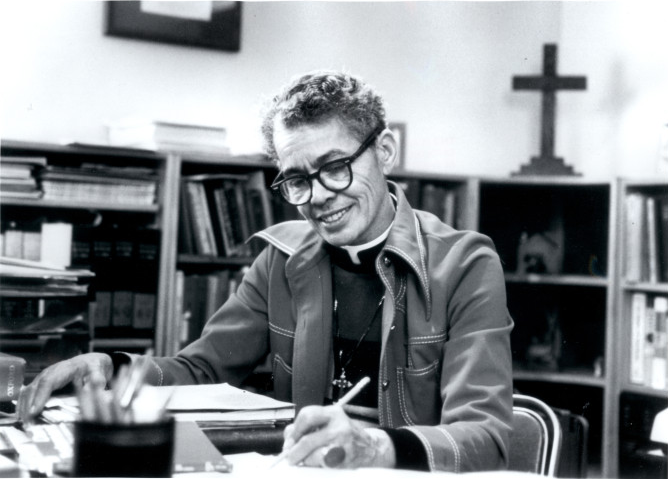Talking Transportation
By Stephanie Harrell, Human Relations Commission
There is a lot to discuss in our wonderful community and our nation. However, I would like to bring attention to a challenge that most people don’t think about in our society unless something goes wrong: transportation.
There are many aspects of this subject that apply directly to our community; however, I am going to share my sentiments about how public transportation issues contribute to inequity. I offer a disclaimer that I work in the transportation sector and am highly informed by this experience. Also, my opinions are my own, not my employer or colleagues.
When people think of poverty the first thing that often comes to mind is wages or education. Yet, transportation is critical to access to jobs and upward mobility. Research is very clear in the identification of access to reliable transportation as a key factor to alleviate poverty and provide opportunities for upward mobility. We must consider the importance of public transportation in the lives of individuals. In the city of New York, one of the most iconic public transit places in the nation, access to public transportation was found to be lacking in some areas. Yes, there is a great number of people who find traversing the city to be very problematic. A study conducted by the Rudin Center at New York University showed that higher unemployment in some sectors of the population was directly linked to limited transit access. In addition, a Harvard analysis found that high mobility areas have less poverty, better schools, and more social and racial integration.
Although city and transportation planners often promote walking trails and bicycling paths for communities to increase healthy lifestyles and provide environmental benefits, these options are not always reliable for some people. This case was highlighted in a New York Times article whereby a resident, James Baker, faced a snowy bicycle commute because “the bus service…was so erratic.” What transportation choices are offered for low income citizens in Orange County? Are the options accessible and reliable? The Chapel Hill bus system is regularly challenged about its routes and seemingly uncaring action to provide full service in certain communities.

HRC Members: Samantha Beecham, Matt Case (Vice Chair), Frances Castillo, Ana Garcia-Turnet, Stephanie Harrell, Allison Mahaley, Jamie Paulen, Nora Spencer, James Spivey, Deborah Stroman (Chair), Marc Xavier
Furthermore, when there are public transit options the long commute can cause anxiety and financial problems for families who may also have to juggle childcare, school, and work schedule obligations. Another study finds that public transit is beneficial only in so far as it is good because of the “limited capacity to meet the travel needs of person with little or no access to automobiles.” As a UNC student I often had to drive to the bus stop in order to get to the university. In this case, I was privileged because my parents had an extra vehicle that I could use, but many people do not have the luxury of such access. What about those often-forgotten parts of Orange County that require automobiles to get to the final stop? Who in our community is working towards bus service that follows the regular first or second shift work hours? Yes, Chapel Hill and a few other regional transportation options continue to express a desire to serve all members of our community, yet the long-term inability to fix this transportation quandary remains. There appears to be an unwillingness to address the barriers that exist in transportation services. We need an intervention. Let’s align our stated values with the realities of Orange County.
So, the next time we think about poverty, diversity, and socio-economic mobility, we should consider transportation as a way to address those needs in our communities. It’s a timeless decision that we can all ride along with.
This monthly column is a co-operative effort between Chapelboro and the Orange County Human Relations Commission to recognize and address issues in Orange County and promote the equal treatment of all individuals. The OC HRC works for preservation of justice and dignity, prevention of public and domestric strife and protection of residents’ lawful interests so that everyone can reach their full productive and creative capacities.
Note: Each HRC perspective is the opinion of the writer and does not necessarily reflect the position or values of the entire Human Relations Commission.








